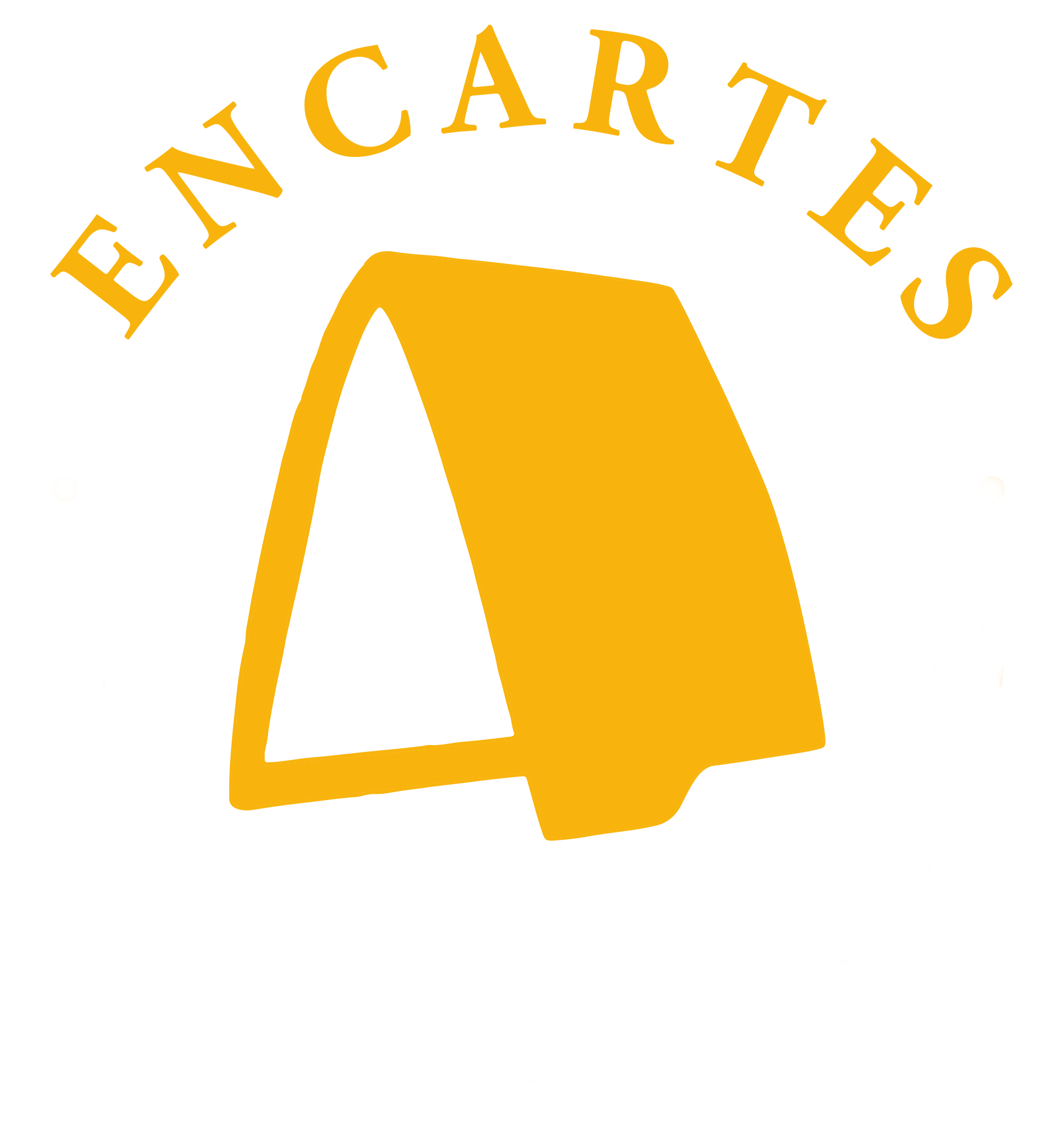The importance of convening the debate
We are pleased to reach the 12th issue of Encartes magazine, which has become a space for discussion. The main dossier Coloquios revolved around a central essay by David Lehmann in which he criticizes and questions the decolonial discourses and positions assumed by Latin American social scientists. After reading his book: After the Decolonial: Ethnicity, Gender and Social Justice in Latin America (2022), recently published in English, we decided to invite him to participate with an essay in Spanish including his main arguments on the subject, which would be open to dialogue and constructive criticism by Latin American researchers. Gustavo Lins Ribeiro says that "There is no theory beyond the reach of critique" and this is what we intend to do in EncartesWe value the honest and open criticism proposed by dialogue as a dynamic that allows us to recognize the richness of diverse contributions and, thus, strengthen the permanent exercise of revision and reflection of the author's thought. Therefore, we trust that the debate will be constructive in order to oxygenate the critical sense that the social sciences continually need. In addition, the current awareness of the political division of academic knowledge drawn by the North-South poles has been important for Latin Americans to review our conditions as producers of data and not of universal theories; to get out of the provincialization of knowledge demands creating vectors of exchange and debate between the academies of the North and the South, since isolation only serves to reinforce conceptual inequalities.
In this Colloquium dossier, Gustavo Lins Ribeiro, Regina Martínez Casas, Eduardo Zárate, Edgar Esquit and Santiago Bastos participate with essays that show the diversity of appropriations and uses of decolonial epistemologies to address and reverse social inequalities. The five authors take seriously the reading of the other and the challenge to critical debate, but also offer contextualized and situated perspectives to assess the contributions and limitations of the decolonizing exercise of academic thought and attend to the appropriations of actors and social movements in Latin America. We invite you to read these essays which -as Regina Martínez Casas points out in her article- promote reflection.
In the section Discrepancies, moderated by Arturo Gutiérrez del Ángel, we include a topic that aims to open the debate on "perspectivism" to question whether it is a theory from the point of view of otherness. Two researchers participate: Gabriel Bourdin and Olivia Kindl, who offer two different positions on this theory that recognizes other ontologies and has shaken conventional anthropology.
Two articles appear in Realidades: "Biografías en el cine de lo real de Werner Herzog. Discourses to remember and think about the present", written by Fabiola Alcalá, and "Normalizing the revolution. Teachers and students at the Pueblo Guerrero University", by Ana Lilia Nieto Camacho and Rafael Alarcón Medina.
Multimedia offers two photographic essays that encourage the ethnographic study of materialities and urban landscapes: "Dulces santos: las devociones a Cosme y Damián en Río de Janeiro, Brasil" -by Renata Menezes, Morena Freitas and Lucas Bártolo- and "La conciencia de ser mirados: dar vista al puesto de tianguis" -by Paola Garnica-.
In Entrevista, Mauricio Sánchez y Álvarez talks to Felipe Paz, a relevant Colombian anthropologist and documentary filmmaker who directed the medium-length film Putchi Pu, which is available to our readers. Meanwhile, Mario Rufer interviews La Negra (María Gabriela Lugones) about the possibilities offered by anthropological study to establish horizontalities in the state spaces where laws are managed.
We also include three reviews of recently published books that we hope will arouse your interest and motivate you to read them: Religion, conspiracy theories and pandemic in southern Mexico; Frantz Fanon, a man without masks and Paris on a daily basis: a personal and sociological diary.
Finally, we invite our readers to visit our virtual photo gallery which presents a group exhibition entitled "Hybrid Identities: Alternative and Irruptive Identity Aesthetics". The selected photos allow us to admire the cultural and political meanings of hybridization through multiple lenses that captured the potential of aesthetic creativity to generate novel and irruptive hybrid identities. This photographic exhibition is the result of a selection of the best photographs we received through a public contest. Sincere thanks to the participating photographers.
We hope that the twelfth edition of the Encartes awaken critical and informed reflections on some topics that are the subject of academic controversy and that should be open to debate. We also hope that its content will invite you to read the results of research on various topics to which the social sciences have much to contribute. We hope that the interviews will open horizons on the ways of doing human sciences and their possible repercussions. Finally, we hope that the essays and visual galleries contribute to educate our eyes to recognize that photographs show the apparent so that we can see beyond the obvious.
Renée de la Torre
Editorial Director of Encartes






